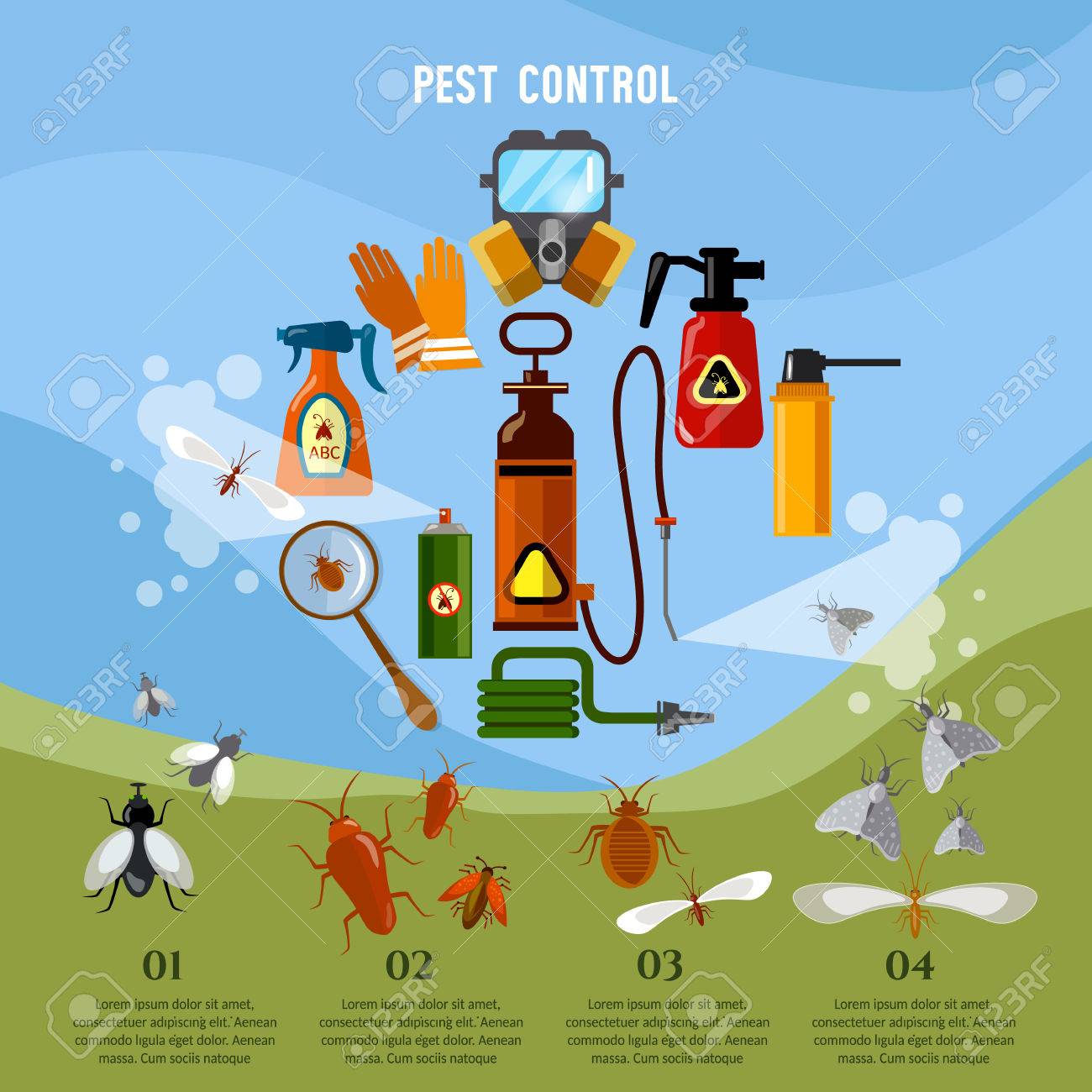Safeguarding Your Garden From Pests: Approaches For A Pest-Free Outdoor Area
Safeguarding Your Garden From Pests: Approaches For A Pest-Free Outdoor Area
Blog Article
Staff Author-Gupta Trujillo
Imagine your yard as a haven, a place of peace and appeal. Nevertheless, the existence of outside bugs can quickly interrupt this ideal picture. Suppose there were basic yet effective methods to keep these unwanted site visitors away and shield your garden sanctuary? By complying with a couple of functional suggestions and carrying out all-natural techniques, you can create a harmonious exterior area where your plants can grow uninterrupted.
Natural Pest Deterrents
To maintain parasites far from your yard normally, plant fragrant natural herbs like mint and lavender. These fragrant plants not just include appeal to your garden however additionally serve as effective pest deterrents. Pests like mosquitoes, flies, and also some garden-damaging pests are fended off by the strong fragrances sent out by these natural herbs. Merely putting them tactically around your yard can assist create a natural barrier against undesirable insects.
In addition to mint and lavender, take into consideration growing other natural herbs like rosemary, basil, and lemongrass to additionally boost your yard's pest-proofing capabilities. These natural herbs not only function as all-natural repellents yet likewise have the added advantage of being useful in cooking or crafting homemade remedies.
Strategic Plant Placement
Consider the design of your yard and the types of plants you need to purposefully position them for optimum pest-proofing performance.
Begin by organizing plants with comparable resistance to pests together. By doing this, you can produce a natural barrier that discourages parasites from spreading out throughout your yard.
Furthermore, positioning pest-repelling plants like marigolds, lavender, or mint near even more vulnerable plants can help protect them. High plants, such as sunflowers or corn, can work as a guard for much shorter plants versus pests like bunnies or ground-dwelling bugs.
Remember to leave topical flea treatment between plants to improve air flow and decrease the danger of diseases that pests may carry.
Furthermore, take into consideration planting strong-smelling natural herbs like rosemary or basil near vulnerable plants to confuse pests' detects and make it harder for them to situate their targets.
Effective Bug Control Methods
For combating garden bugs effectively, implementing a multi-faceted bug control approach is crucial. Start by motivating all-natural predators like birds, ladybugs, and hoping mantises to help maintain bug populations in check. Introducing plants that attract these advantageous insects can help in pest control. Furthermore, practicing excellent garden health by eliminating debris and weeds where insects could hide can make your garden less friendly to unwanted visitors.
Consider using physical obstacles such as row cover fabrics or netting to secure susceptible plants from pests like caterpillars and birds. Using honey bee nest removal like neem oil or insecticidal soap can also be effective against certain bugs while being less harmful to advantageous pests and the atmosphere. It's vital to turn your plants each season to stop the accumulation of pest populations that target details plants.
Routinely evaluate termite perimeter treatment for indications of parasite damage so you can act quickly. By integrating these approaches and remaining cautious, you can effectively manage yard insects and delight in a growing, pest-free garden.
Verdict
So, there you have it - with the best methods, you can maintain pesky outside insects far from your yard and help your plants flourish.
Did you understand that growing mint has been revealed to fend off mosquitoes and other bugs, decreasing the need for unsafe pesticides by as much as 60%?
By integrating please click the following post -natural deterrents and clever planting techniques, you can create a stunning and pest-resistant garden sanctuary for you to delight in.
